We, humans, are living a life where what everyone is thinking about is Covid-19. TV, newspapers, social media, wherever you go there’s information about the Novel Coronavirus.
But the one narrative that we aren’t focusing on is the virus’s effect on the disabled. Disabled people in our country are anyway one of the most vulnerable communities and when it comes to a new disease or virus, they become even more vulnerable.
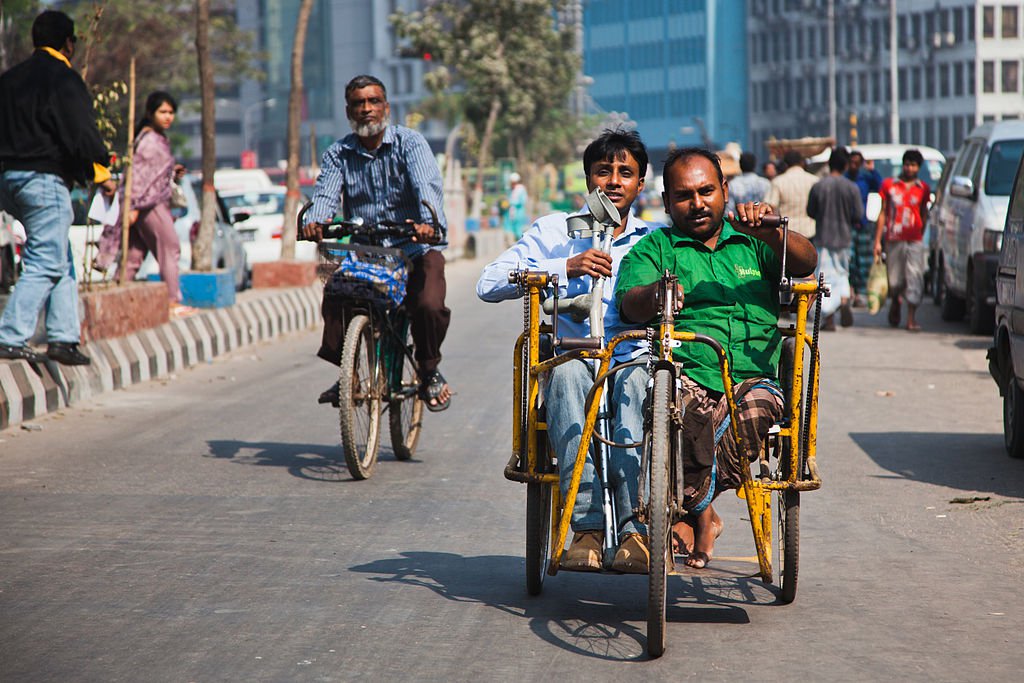
According to the WHO, 15 percent that is, around one billion of the world’s population lives with some form of disability.
The Census 2011 reveals that every 10th household in India has a disabled member. Most of the persons with disability have chronic illnesses which keeps them under constant fear of catching the virus but their dependency makes it worse.
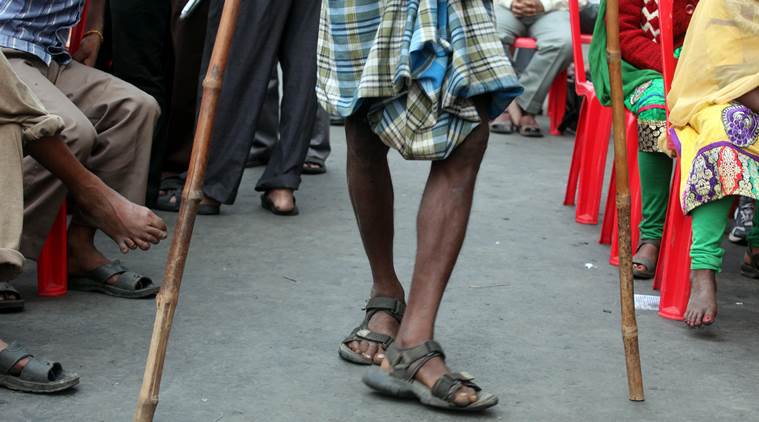
While washing hands for us is the need of the hour, it’s not as simple for a disabled person to do this as frequent. As many people with restricted locomotor movement need assistance and cannot independently wash our hands without getting into physical contact with their attendants or caretakers.
Besides, it is much tougher to regularly wash our hands in public due to the lack of toilets for Persons with Disabilities.
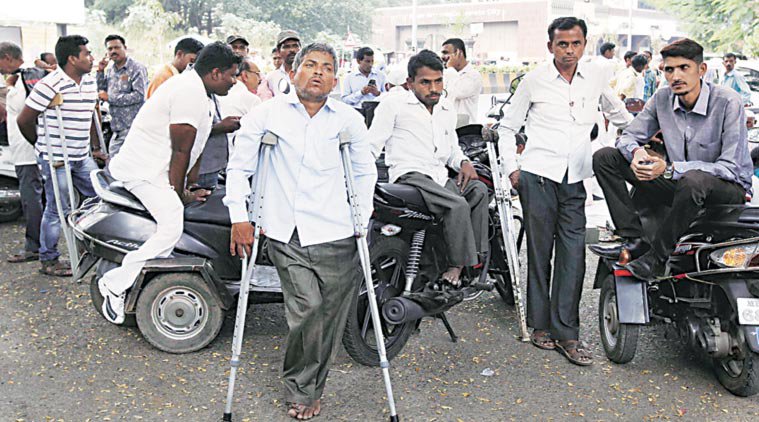
Most of the PWDs are largely dependent on the caregivers (family, relatives or professionals) and many caregivers at this point of time are reluctant to provide their services as the coronavirus is highly contagious.
Those who are willing to help out are unable to reach them because of unavailability of public transports.
Persons with intellectual impairment cannot be expected to practice or cope with self-isolation. For someone with ADHD, it is a nightmare to be indoors.
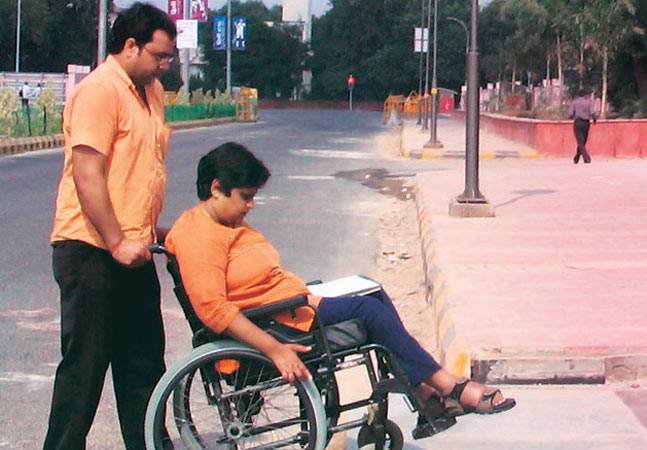
Most of the people of the community require some or the other sort of medical dependency like physiotherapy, psychological sessions and consistent visits to the rehabilitation centers for various other reasons.
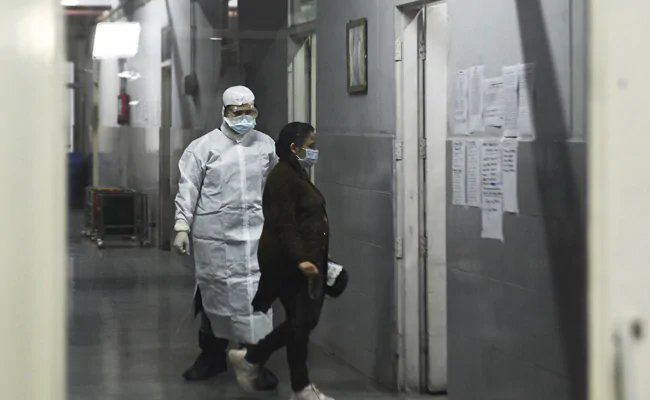
What makes it worse is that many disabilities result in individuals being at higher risk in case they get coronavirus. For example, it’s common for those with spinal cord injuries to have compromised pulmonary functions or those with muscular dystrophy to have lower diaphragm function leading to lung problems making them particularly vulnerable to the coronavirus.
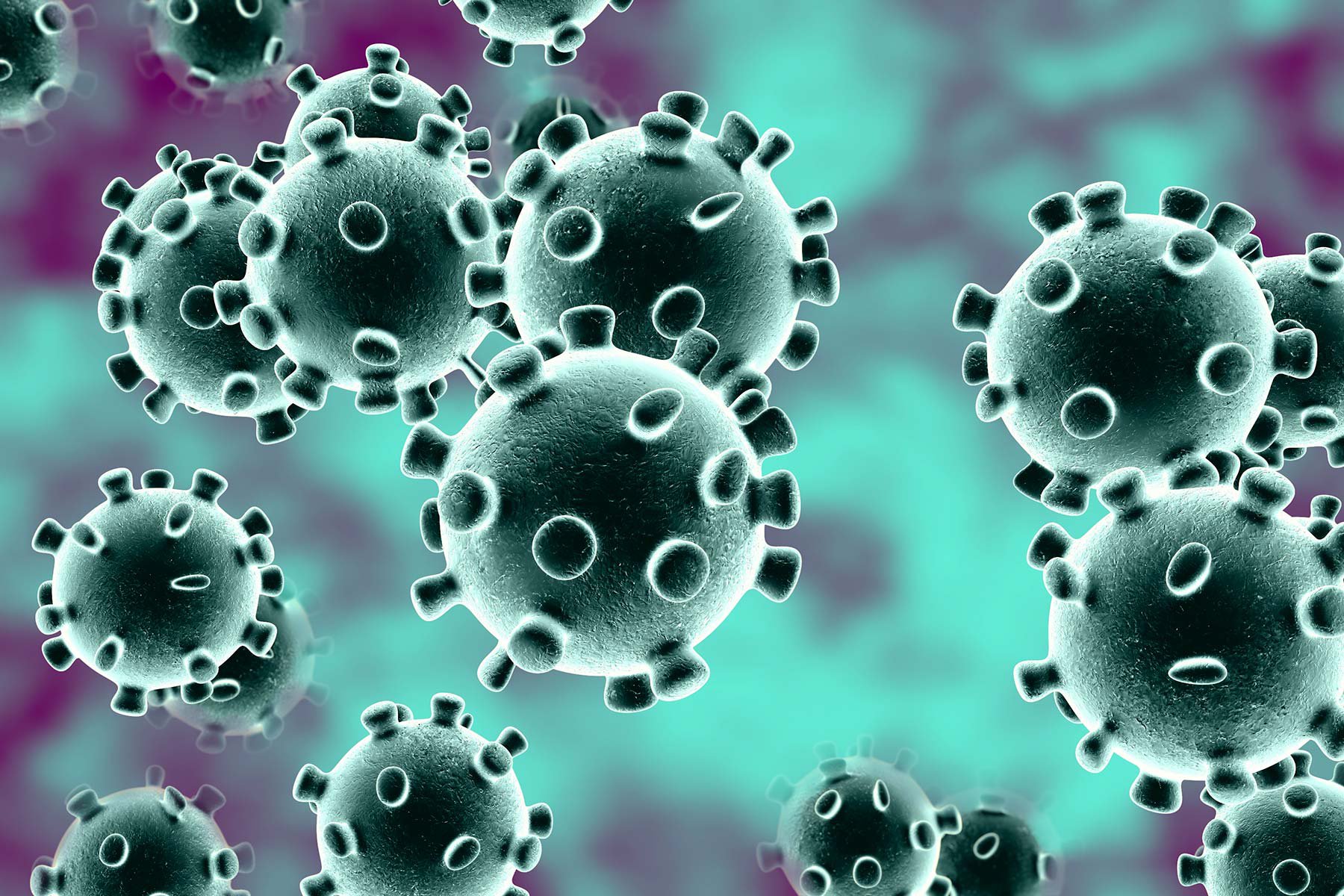
Accessibility is another concern that makes them disadvantaged. And by accessibility I don’t just mean physical access.
While the world is facing an information overload on the virus, the deaf are facing a severe lack of content in Indian Sign Language with the Kerala chief minister’s office being the only government agency that has released some sort of notification on it.
Government websites are not accessible to the blind as they do not follow the W3CAG standards, the health ministry included.
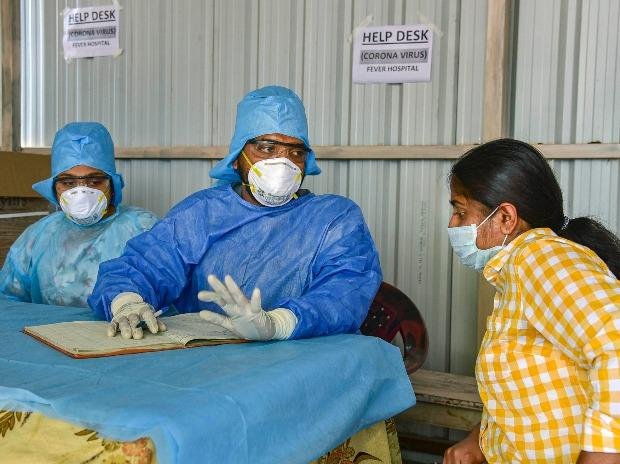
The government post coronavirus has initiated a number of welfare measures for the disabled but that doesn’t seem to benefit them all. The Centre so far has provided three months’ pension in advance to widows, senior citizens and the disabled under its National Social Assistance Programme (NSAP).
Further, it announced an ex-gratia of ₹1,000 over three months in two installments for poor senior citizens, widows and PWDs. The National Platform for the Rights of the Disabled (NPRD) has expressed dismay as the ex-gratia amount is “very meagre” and “grossly inadequate”. Half the disabled don’t have a disability certificate; they cannot avail of government schemes.
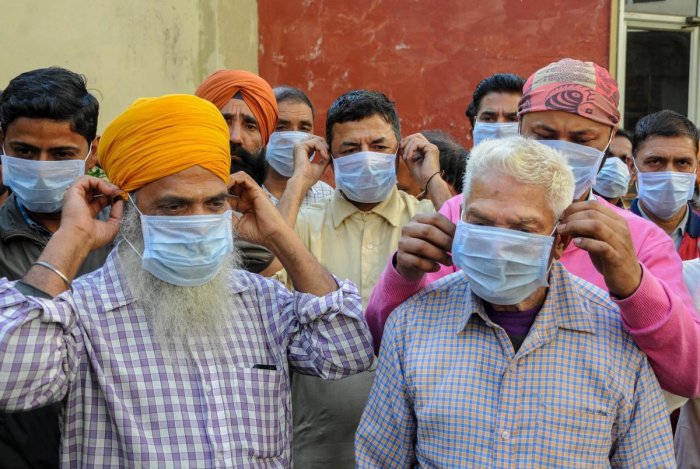
While the pandemic has made us all realise about our unpreparedness, the disabled are the people who need the preparedness more than any of us. If the government won’t think of the community right now, then India might lose the 2.2% population quite easily to the pandemic.

















